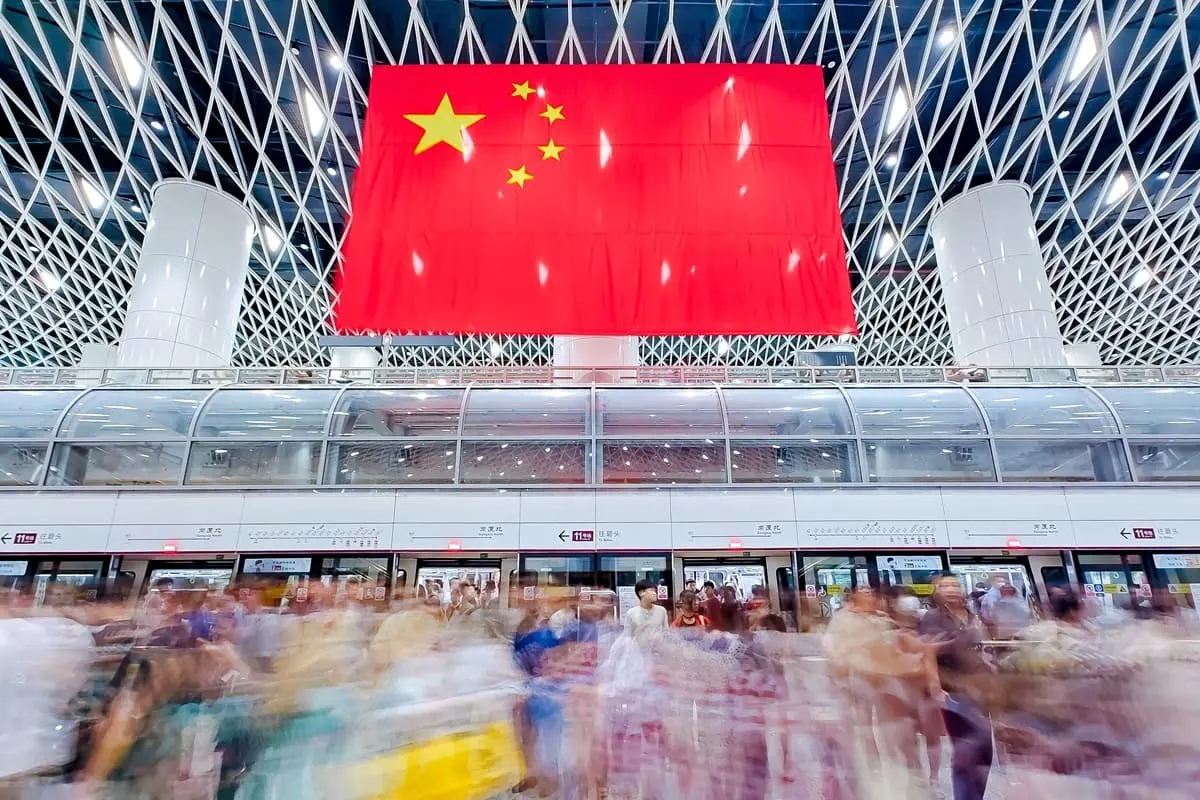Intro
China, with its rich history and diverse landscapes, has long been a popular destination for travelers worldwide. In recent years, the country has been easing its visa policies to attract more international visitors, fostering easier travel and stronger global ties. This blog post will provide an overview of China’s visa-free travel policies, detailing the latest updates and who can take advantage of these arrangements.

Latest Updates on Visa-Free Policies (2024)
- Norway Visa Exemption (September 10, 2024): In a significant move to enhance cooperation, China announced a new visa policy for Norwegian travelers, allowing them to visit China for up to 15 days without a visa.
- 144-Hour Visa-Free Policy for Hainan (August 7, 2024):Aiming to boost tourism, the National Immigration Administration (NIA) implemented a 144-hour visa-free policy for foreign tour groups from Hong Kong and Macao entering Hainan.
- Port Visa Application (August 2, 2024): The Beijing Port Visa Office released guidelines for emergency ‘port visas’, allowing travelers to apply via email and complete the process upon arrival in Beijing.
- Expanded 144-Hour Visa-Free Transit (July 15, 2024): The NIA expanded the 144-hour visa-free transit policy to 37 ports, including Zhengzhou in Henan and several cities in Yunnan Province.
- Poland Visa Exemption (June 25, 2024): China removed the visa requirement for Polish citizens, permitting 15-day stays for business, tourism, and visiting relatives.
- Australia and New Zealand Visa-Free Travel (June 17, 2024): China included Australia and New Zealand in its unilateral visa-free list, allowing 15-day stays.
- Cruise Ship Visa-Free Policy (May 15, 2024): Foreign tourist groups entering China via cruise ships at any coastal port are now visa-free for up to 15 days.
- European Countries Visa-Free Travel (March 7, 2024): China expanded its unilateral visa-free travel policy to include six additional European countries, allowing 15-day stays for various purposes.
- Hainan 30-Day Visa-Free Travel Expansion (February 18, 2024):The visa-free travel policy for Hainan was expanded to include more purposes of entry, excluding work and study.
- Singapore Visa-Free Agreement (January 25, 2024):China and Singapore agreed on a visa-free entry policy for up to 30 days, effective from February 9, 2024.
- Thailand Visa-Free Policy (January 8, 2024): A permanent visa-free policy with Thailand was agreed upon to stimulate tourism and diplomatic relations

Countries with Mutual Visa Exemption Agreements
China has signed agreements with over 150 countries, allowing certain citizens to travel visa-free for up to 30 days. Notable countries include Armenia, The Bahamas, Belarus, and The United Arab Emirates.
Countries with 30-Day Visa-Free Travel
China and Singapore have an agreement allowing 30-day stays for tourism, family visits, or business purposes.
- Countries with 15-Day Visa-Free Travel
Multiple countries, including Brunei, France, Germany, Italy, and others, are offered 15-day visa-free travel. However, this policy was suspended for Japanese citizens, who now require a visa for entry.
Visa-Free Transit Policies
China offers 24, 72, and 144-hour visa-free transit policies for eligible travelers from certain countries, allowing short stays in specified areas while en route to a third country.
Special Cards for Visa-Free Entry
Holders of the APEC Business Travel Card can enter China for up to 60 days for business purposes. Additionally, holders of Chinese permanent residence cards and residence permits do not need visas for entry.
Conclusion
China’s visa-free policies are a testament to its commitment to fostering international relationships and promoting tourism. With these policies, eligible travelers can now enjoy hassle-free entry to explore China’s rich cultural heritage and natural beauty. As these policies continue to evolve, it’s essential to stay updated with the latest information to ensure a smooth journey. For the most current visa information, travelers are advised to consult with their local Chinese embassy or consulate.





